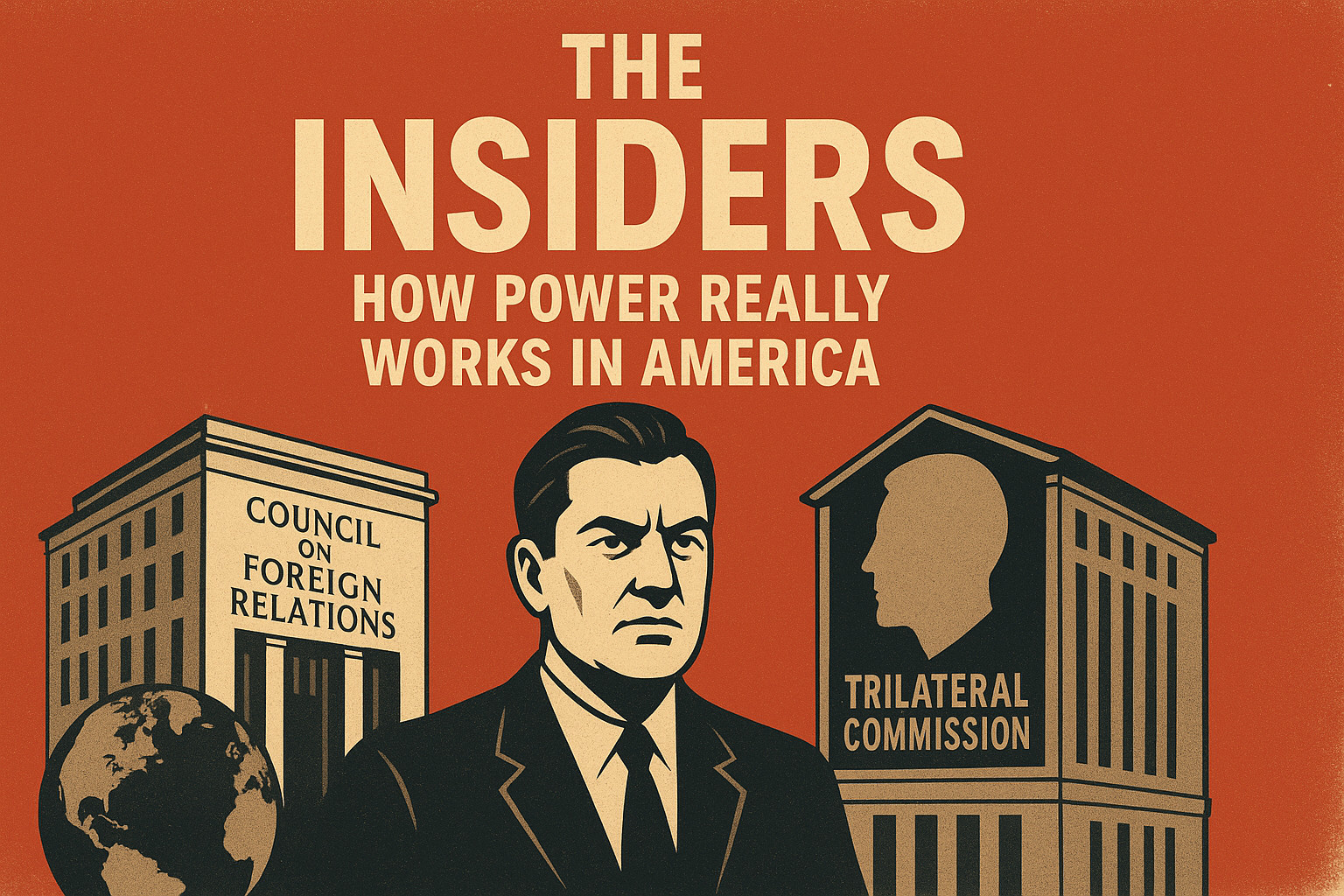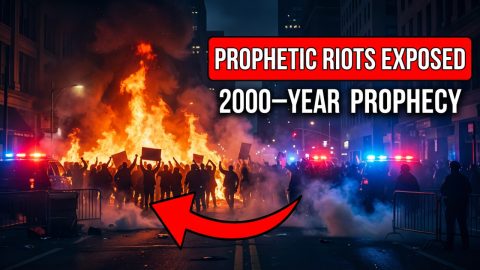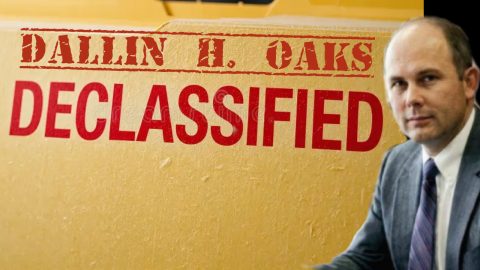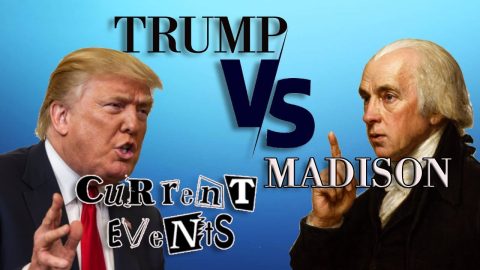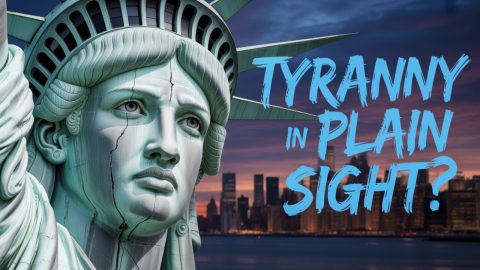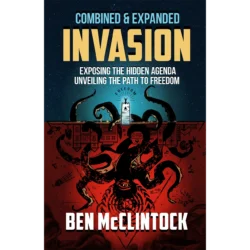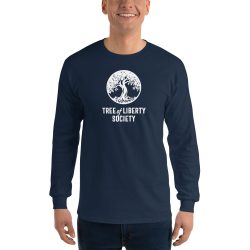Walk into any American living room in 1949, and you might have heard the same story repeated: Mao Zedong was not a communist, but a humble agrarian reformer. At least, that’s what the newspapers said. Books, magazines, government “experts”—they all sang the same tune. The Chinese nationalists, long-time allies, were painted as corrupt and beyond saving. Washington turned its back, refused to sell them arms, and within months Mao had seized the mainland.
Only later did the truth come out: tens of millions would perish under communist rule. But by then it was too late. “China was lost in Washington, not in Peking or Shanghai,” critics said, and they were right.
It wasn’t the last time Americans would be misled. In the 1950s, the press swooned over Fidel Castro, calling him the “George Washington of Cuba.” Some knew better and sounded the alarm, but Washington repeated the same tragic pattern. Before long, Castro had Cuba in a chokehold and was exporting communist revolution across Latin America.
Why did our government keep making the same “mistakes”? Were America’s leaders simply gullible? Or was something deeper at work?
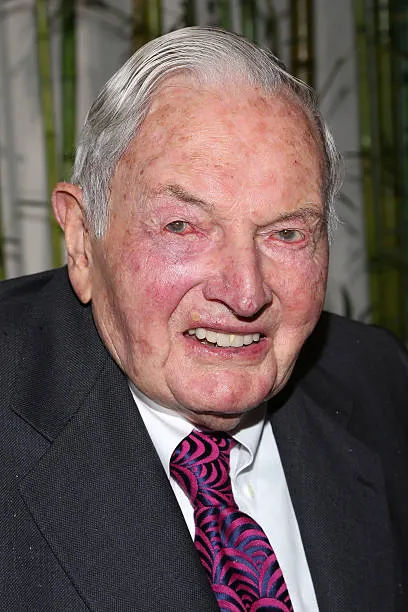
The Businessmen Who Weren’t Anti-Communist
Most Americans still hold on to a comfortable assumption: wealthy businessmen—our so-called capitalists—must be the natural enemies of communism. After all, don’t they have the most to lose under socialism? Yet reality tells a different story.
Take David Rockefeller. His Chase Manhattan Bank was the first American bank welcomed into Moscow and Peking. It financed a Soviet truck plant on the Kama River, the largest of its kind in history. Instead of fighting communism, Rockefeller was doing business with it.
This wasn’t charity. It wasn’t idealism. It was power. Some businessmen seek not freedom, but control—and communism offers the ultimate prize: political power over all.
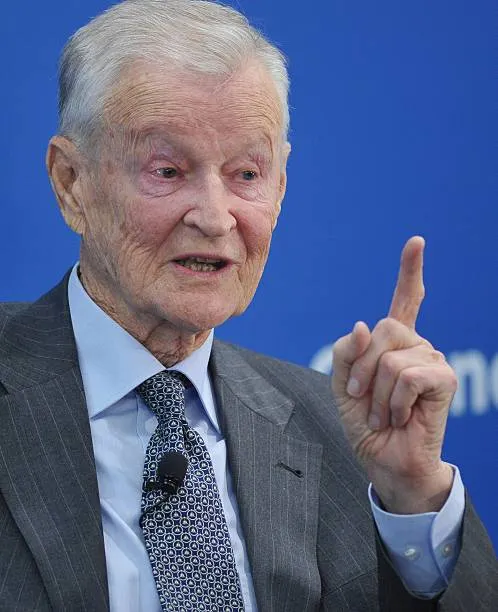
Meet the Insiders
Who are these people? President Jimmy Carter had a name for them: the insiders. On the campaign trail in 1976, Carter promised to drive them out of Washington. Voters cheered. Yet once in office, he surrounded himself with the very men he had railed against.
Two names stood out: Cyrus Vance and Zbigniew Brzezinski. Both men were not only establishment veterans; they were pillars of two little-known organizations that have shaped U.S. policy for decades—the Council on Foreign Relations (CFR) and the Trilateral Commission.
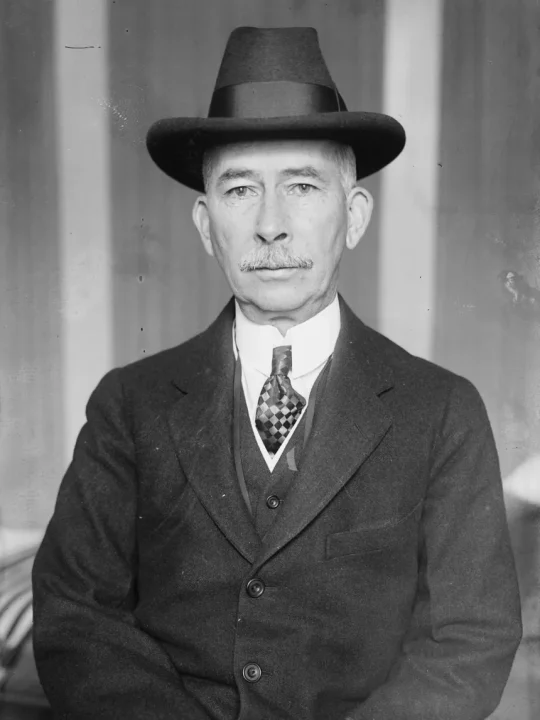
The Council on Foreign Relations
Headquartered in a Rockefeller-donated building on Park Avenue, the CFR has quietly dominated American political life since 1921. Its founder, Edward Mandell House, was no ordinary adviser. He was President Woodrow Wilson’s “alter ego,” a Marxist at heart who openly wrote about creating socialism in America “as dreamed of by Karl Marx.”
House plotted to control both political parties, establish a central bank, and force the United States into world government. When his League of Nations scheme faltered, he built the CFR as a vehicle for the long game.
By the 1940s, the CFR had taken over the State Department. Soon, its members were running the New York Times, CBS, NBC, Time, Newsweek—you name it. Its influence stretched into universities, foundations, labor unions, and the military. Today, it counts hundreds of U.S. officials among its ranks, though most Americans have never even heard of it. And that’s no accident: nearly two hundred journalists are CFR members themselves, and they don’t write about the organization.
At the top sits David Rockefeller.
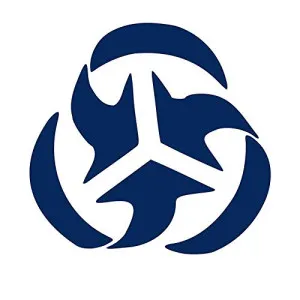
The Trilateral Commission
If the CFR is the old guard, the Trilateral Commission is its younger partner. Conceived by Rockefeller in 1973 after reading Brzezinski’s book Between Two Ages, the Commission set out to link North America, Western Europe, and Japan. Its goal? Nothing less than world government, with “advanced communist states” eventually joining the fold.
Brzezinski himself praised Marxism as “a major advance” in human thought. He declared America “obsolete.” And yet, he became Jimmy Carter’s National Security Advisor.
Carter wasn’t the only insider. His administration teemed with trilateralists: Vance, Mondale, Blumenthal, Brown, Andrew Young—the list goes on. And when Carter fell, others picked up the torch. Reagan denounced the insiders on the campaign trail, but then tapped George Bush, a member of both CFR and the Trilateral Commission, as his running mate. The faces changed. The policies didn’t.
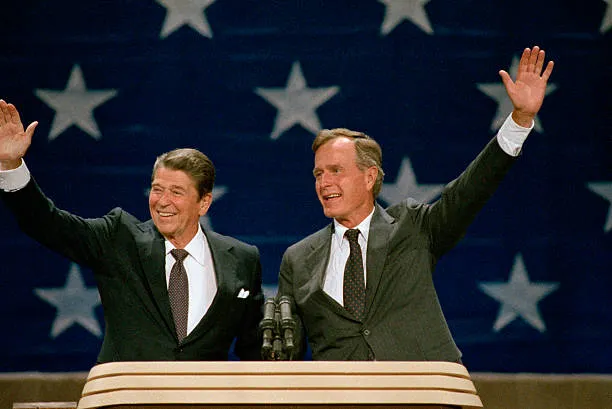
The Consequences
Look around: wars without victory, allies abandoned, communists embraced. Trade deals that send American wealth overseas. Domestic policies that inflate the dollar, bury the nation in debt, and tie down industry in red tape.
This is not drift. It is design. Rowan Gaither, president of the Ford Foundation, admitted as much in 1953 when he told a congressional investigator that he and others were working “to so alter life in the United States as to make possible a comfortable merger with the Soviet Union.”
The ultimate goal is world government. What would that mean for ordinary Americans? A forced redistribution of wealth. Regimentation in daily life. No private property, no free speech, no independent press. A socialist nightmare enforced by global power.
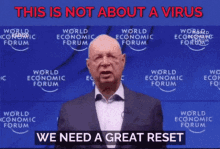
What Now?
The insiders count on one thing: that you will do nothing. That you’ll dismiss this as paranoia, flip the page, and get back to your routine.
But history has shown what happens when Americans are misled. China fell. Cuba fell. Vietnam fell. How many more losses can freedom endure?
The John Birch Society believes the answer is education. Tell the truth. Expose the insiders. Show Americans who really holds the levers of power. If enough people know, the insiders’ grip can be broken.
The question is whether enough will act in time.
Help us fight this Satanic conspiracy by joining the tree of Liberty Society today!
Delve deeper into the conspiracy by checking out our Secret Combinations resource page here:
https://treeoflibertysociety.com/resources/secret-combinations/

